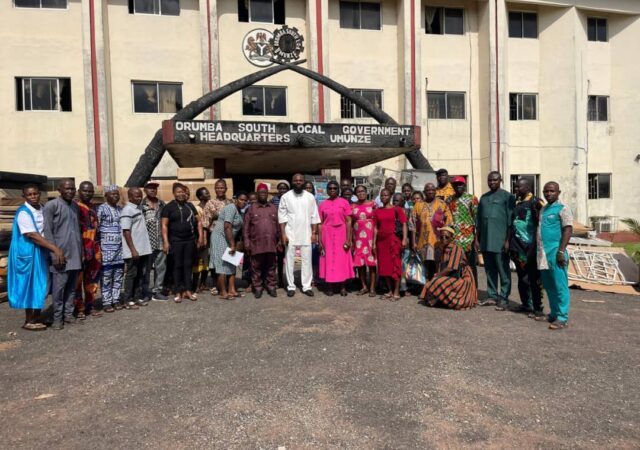Foundation urges government to decriminalise ‘tip money’ in Nigeria workplaces
Tilova For Africa, an American based Charity Foundation has called on Federal and State Governments to decriminalise giving and receiving of tips in Nigeria.
Mr Martin Nwabueze, Co-founder of Tilova 4 Africa made the call at a news conference in Awka on Sunday.
Nwabueze described tip money’ as a financial reward voluntarily given to an attendant in appreciation for a satisfactory service enjoyed after making the statutory payment for goods or service provided.
He said ‘tip money’ was a normal practice in western world especially in the United States and wondered why a customer would not support an attendant with it in Nigeria without the employee being punished.
Nwabueze recalled that tip money is a topical issue in America that making a pledge to remove taxes on it was instrumental to Donald Trump’s victory in the last Presidential election and ultimately becameis essential element of beautiful bill
“The removal of taxes on tips is one of the most significant aspects of Donald Trump’s big beautiful bill,” he said.
He said that though it is not currently a crime to give or take tips, the government should go a bit further to decriminalise tip money by providing a legal framework that would protect the service provider or employees from being victimised by their employers at the workplace. It should not be left to the discreation of individual employers to decide wether to allow workers to receive tips or not. It should be the right of the workers to do so.
He said some of the benefits of tip money included increasing job satisfaction among workers, motivation for better service delivery, lowering propensity to steal from employer and increase in total financial reward for the worker.
“I have noticed since my visit that employees, especially attendants in service sector, say hotels and bar do not collect tip money, this is not because they do not need it but because their employers will sack them
“This is utterly wrong, a customer who feels satisfied with the quality of service of any staff and wants to appreciate them financially should be free to do so and the worker should be free to enjoy the reward for their good job.
“Tip money is not a bribe which is an inducement for someone to do the wrong thing, it is a reward for a job well done, it is a discretionary amount which customers choose to give, often as a token of appreciation for good service.
“Most workers in the US rely on tip money to stay on their jobs, they even create a box where people can put such money, that is in rich countries, talk more of a poor country where wages can not sustain these attendants for two weeks,” he said.
Nwabueze expressed regret that low income workers cannot freely receive appreciation from a customer just because the employer who is not paying them well will sack her.
Nwabueze said he was already engaging with stakeholders in the private and public sectors to push for cultural reorientation and advocacy to make tip money a strategy for encouraging hard work among low income service oriented employees.
According to him, it is a legitimate income, tips can be given in cash or through electronic payment methods like credit or debit cards.
“Some establishments have tip pools or sharing arrangements where tips are distributed among multiple employees,” he said.








ptd63p